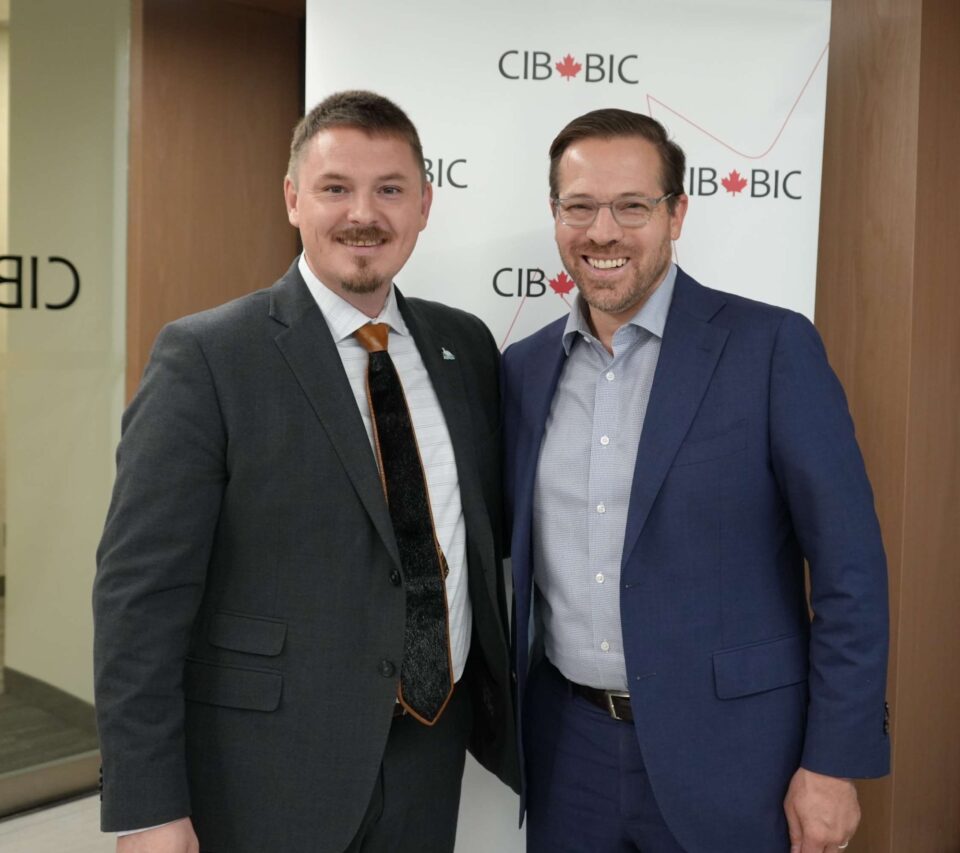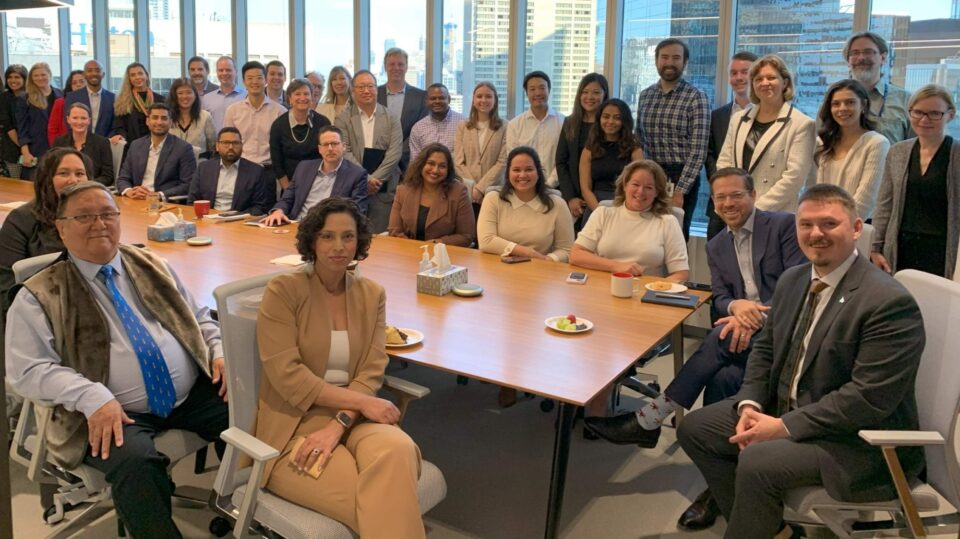Ehren Cory: You are from the northernmost community in Canada. What are the challenges of living in the north and how infrastructure helps or the how the lack of it gets in the way?
Premier Akeeagok: Nunavut is a large but very remote part of Canada. It accounts for 20 per cent of the country’s land mass but only has about 38,000 people. It is only accessible by air or sea since there are no roads connecting Nunavut’s 25 communities to the rest of Canada. The infrastructure deficit in the Far North, including Nunavut is enormous, and that's where I can't overstate the importance of securing investments to the north because it really does benefit the south at the end of it.
Broadband is key. I was in a secure briefing with ministers when our internet was cut off. It just shows our vulnerabilities, so it’s so important to bring fibre to the territory. We are the last jurisdiction in the country without any fibre link.
It is a direct challenge in terms of seeing and participating in basic services. But it’s also the ticket to really good education and services that you can’t access within many of our communities yet.
EC: Part of our mandate is to drive economic reconciliation, and we think that's an incredible opportunity. I’d like to hear from you what reconciliation looks like for the north.
PJA: Inuit have gone through some incredible hardship. My own family was relocated in the 1950s as part of the Canadian effort to stake a claim in the high Arctic. This history really does hurt, it shows how people saw Inuit at one point in our past. This was only one generation ago. We're talking about my dad and my grandparents, who I grew up with.
Still, I think the work that we've been able to do with the government has been incredible, with the apologies to Inuit who had tuberculosis and were forcefully relocated to the south – many of them passed away in cities far away from homes, in some cases their graves were not even marked. So there's a lot of colonial history. But it's through our actions that we overcome this history.
I think the work that we're starting to do on infrastructure projects such as Iqaluit Hydro, are a concrete step of correcting past wrongs. In the past, we saw Ottawa thinking they know best about our future, when in fact it's us who know what's best for our future. It's so important when we start looking at key projects like the Kivalliq Hydro project, where it's Inuit-led, Inuit-driven and it's the Inuit way of taking control of the incredible opportunities that are in our backyard.
It does give me a lot of hope in the sense that we've come a long way, whether it’s the apology from the Prime Minister, or, the signing of the devolution agreement, which is giving power back to the people that should have had it from the beginning.
EC: I wonder if you could talk a little bit about the infrastructure needs of the far North as a group. Is your territory unique? Do you work with other territories? Can you sort of give a bigger picture of the needs for the whole North and types of infrastructure projects required to support arctic sovereignty?
PJA: We work very closely with our sister territories. We're dear friends, really.
We're all equals around that table. But there's been neglect, I think, of the North and the challenges of the North in the past. I think Canadians are starting to understand about the lack of infrastructure not only for Nunavut, but right across the territories.
The equalization of investments that needs to be done is something I think a lot of the Premiers and Canadians are starting to take note of.
I think there's been a recognition that we have to start listing those key projects we want to see. And I'll use Grays Bay Road and Port as an example, where it could be that dual use infrastructure that we keep talking about. That's the buzz word in Ottawa. Where you have the Navy who could have access to the Port as well as fisheries and the tourism sector being able to use it. We just met with the U.S. Consul General as well, where there is much interest in terms of North American defence.
We need to think of stretching our assets to meet military needs, community needs and economic needs. Nunavut is rich with critical minerals; we have 21 of the 31 identified critical minerals. There's so much richness that we could tap into with the proper investments in infrastructure.





